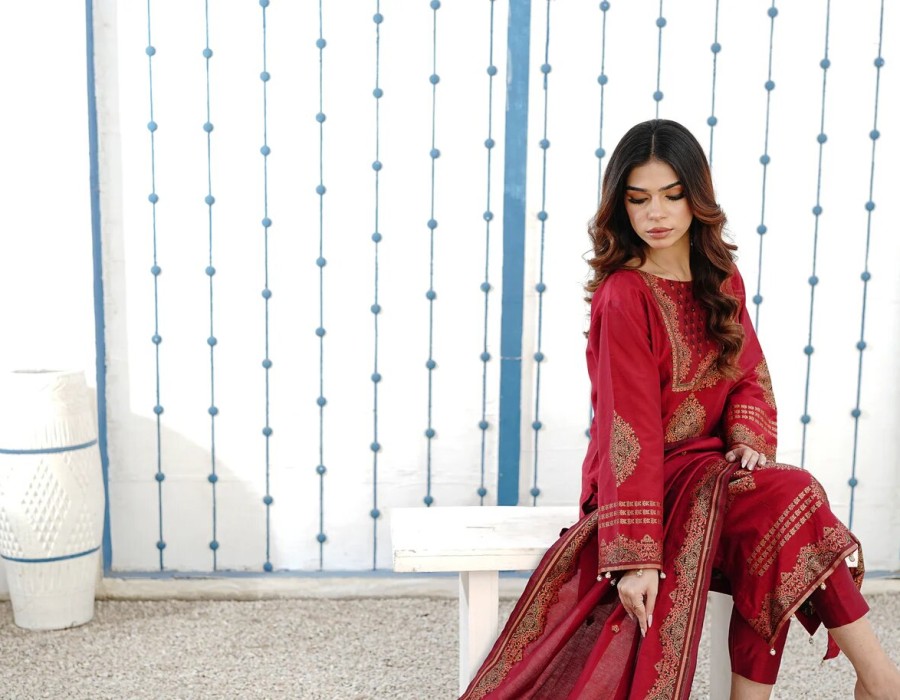In today’s fast-paced world, fashion is more than just aesthetics; it is a statement of values and ethics. Consumers are becoming increasingly aware of the impact their choices have on the environment and society. As a result, ethical fashion has moved from a niche trend to a critical movement reshaping the industry. Brands that embrace sustainability, fair labor practices, and responsible sourcing are gaining the trust and loyalty of conscious consumers.
Understanding Ethical Fashion
Ethical fashion refers to clothing that is designed, sourced, and manufactured in a way that maximizes benefits to people and communities while minimizing environmental impact. It encompasses several key elements:
- Fair Wages & Labor Practices: Ensuring that workers are paid fairly and work in safe conditions.
- Sustainable Materials: Using organic, recycled, and biodegradable fabrics.
- Eco-Friendly Production: Reducing water waste, carbon emissions, and toxic chemicals.
- Transparency & Accountability: Providing clear information about sourcing, production, and environmental impact.
Why Ethical Fashion Matters
1. Reducing Environmental Impact
The fashion industry is one of the largest polluters in the world, responsible for excessive carbon emissions, water pollution, and textile waste. Ethical fashion promotes sustainable practices such as recycling fabrics, reducing water consumption, and eliminating harmful dyes and chemicals.
2. Supporting Fair Trade and Workers’ Rights
Many fast-fashion brands exploit workers in underdeveloped countries, subjecting them to poor working conditions and unfair wages. Ethical fashion brands prioritize fair trade, ensuring humane working conditions and fair compensation for artisans and factory workers.
3. Promoting Animal Welfare
Ethical fashion also advocates for cruelty-free products. Many brands are shifting away from animal-derived materials like leather and fur, opting for plant-based and synthetic alternatives that do not harm animals.
4. Encouraging Mindful Consumption
Fast fashion encourages overconsumption and leads to massive textile waste. Ethical fashion encourages consumers to buy less but better—opting for high-quality, timeless pieces that last longer and have a lower environmental footprint.
The Shift Towards Ethical Fashion in Pakistan
Pakistan’s fashion industry is evolving, with several brands adopting sustainable and ethical practices. Consumers are becoming more conscious of where their clothes come from, pushing local designers to incorporate eco-friendly fabrics, fair trade production, and ethical supply chains. Laameah, a leading clothing brand in Pakistan, is at the forefront of this movement, offering ethically made and stylish apparel that aligns with global sustainability standards.
How Consumers Can Support Ethical Fashion
- Choose Sustainable Brands: Support brands that use eco-friendly materials and ethical production methods.
- Buy Quality Over Quantity: Invest in durable, timeless pieces rather than disposable trends.
- Research Brands’ Practices: Look for transparency in sourcing, labor conditions, and environmental impact.
- Recycle & Upcycle: Donate old clothes, buy second-hand, or repurpose garments instead of discarding them.
Final Thoughts
Ethical fashion is no longer a luxury but a necessity in today’s market. Consumers have the power to drive change by making informed and responsible choices. As brands like Laameah lead the way in sustainable fashion, it is up to consumers to support and demand more ethical practices from the industry. Together, we can create a fashion industry that is not only stylish but also sustainable and fair for all.





Comments